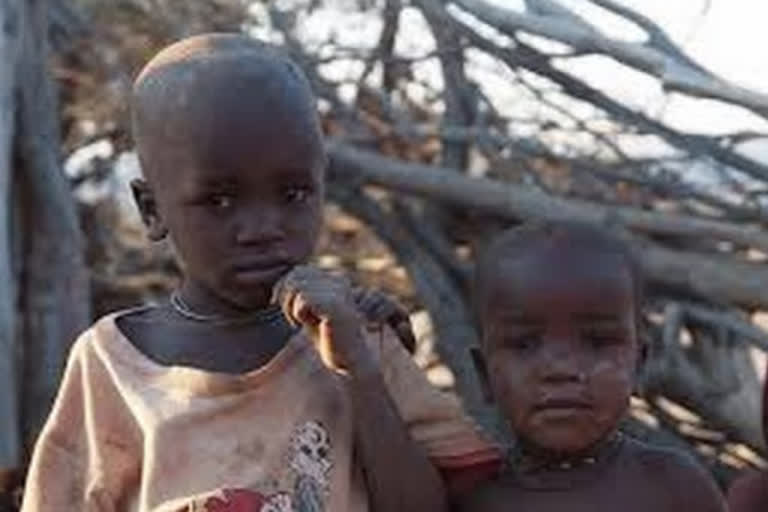London (UK): The existing non-communicable diseases, coupled with poverty make COVID-19 a "perfect storm," researchers opined in a new piece in the British Medical Journal.
The piece opined that the response worldwide has been to treat COVID-19 as a "vertical disease." However, the approach should be to address the full ecosystem of the COVID-19 response or its interaction with the non-communicable disease pandemic or poverty.
The piece was authored by Nina Schwalbe, Columbia Mailman School; Susanna Lehtimaki, Spark Street Advisors; and Juan Pablo Gutierrez, National Autonomous University of Mexico.
According to the authors, non-communicable diseases like obesity, hypertension, and diabetes among others were putting people at higher risk of either getting hospitalised or dying due to COVID-19.
Besides, poverty is now emerging as both a driver of COVID-19 fatalities, and as an outcome of the response, the authors noted.
Data has proven the above particularly in the case of USA, where a larger percentage of people from the non-hispanic black communities are dying (33%), compared to their percentage in the total population (18%).
The authors further note that measures taken against COVID-19, like imposing lockdown and social distancing, have unfortunately impacted the healthcare services for the poor. As a result, the overall health conditions for these communities have worsened, which when coupled with food insecurity and unemployment, will directly lead to higher fatality rates.
The global response to COVID-19 has focused on the entire population, rather than targeting the most vulnerable, the authors noted, adding that the above had led to mis-allocation of resources.
To deal with the issue, the authors suggested a better data-driven approach to reduce the risk for the most vulnerable. They also recommended providing the poor with economic support (example: cash transfer) to tide over the pandemic.
Read: Surgeons led by Indian-origin doctor perform first US lung transplant for COVID-19 patient



